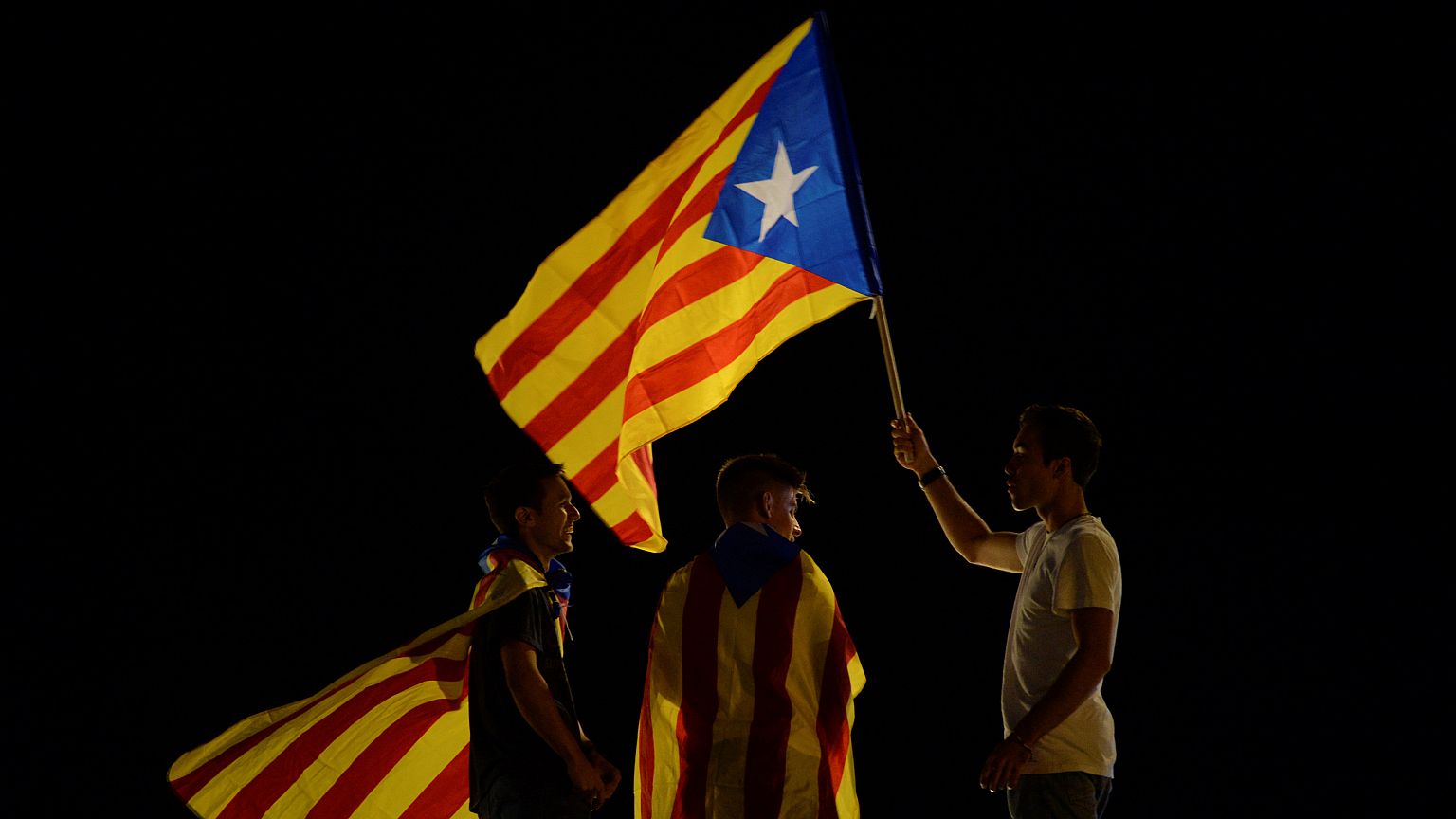Support for an independent Catalonia has grown in recent years, but why are some Catalans only now deciding to change their minds on secession from Spain?
In recent years, support for an independent Catalonia has grown. Thirty years ago, it stood at 20 percent but this year it’s estimated to have risen as high as 49 percent.
And almost 29 percent of Catalans who were apolitical or federalist now reportedly want to separate from Spain. So, what’s made them change their minds?
Joan Rigol, the former President of the Catalan Parliament used to be vice-president of the Spanish Senate and a member of the now-extinct Democratic Union of Catalonia. It was a party far from wanting secession, yet today he would vote ‘yes’ to a new independent state.
“In 2010 I saw that the Constitutional Court had cut what people could vote for and saw that the Spanish state had tried to reduce the sway the Catalan people had over decisions on their future. It was impossible.”
2010 was a turning point in relations between Madrid and Barcelona. The Spanish Supreme Court overturned parts of a new 2006 Statute of Autonomy, which had been agreed to by the Catalan parliament and Spanish government. Since then, independence has found reasons to wave its flag.
Barcelona resident Maria Àngels Bailo is Catalan, but was not pro-independence.
“I was not pro-independence, I had never been, but the fact that they cut the ‘Statute’ made me react, a Statute that we had approved here in Parliament, which Zapatero said that he was going to respect … And it turned out not to be the case. The Spanish Socialist politician Alfonso Guerra said “we have brushed it”, and cut it in Congress. At that moment I said no I’m not going to stand for this. Are they trying to fool us?”
In 2012, Mariano Rajoy’s government rejected the Fiscal Pact proposed by the former Catalan president, Artur Mas. The idea of a Spain that does not want to listen to Catalonia’s demands and humiliates them has permeated in society as
Barcelona resident Tesa Tejada explained.
“Little by little the humiliation has been growing and you end up becoming pro-independence just for pride and not for anything else. It is not that I have anything against the rest of Spain. It is a matter of gaining independence from the Spanish Government.”
Political science professor Pere Vilanova believes that although relations between Spain and Catalonia have always been mismatched and the political elite may have chosen not to be aware of the situation, support for independence has increased from an “emotional” point of view.
“Some economists might say that there is a fiscal issue of imbalance but I think this is not the determining factor. What is decisive, I believe, is that a collective emotional climate has been created,” he said.
The economy, self-determination or political disaffection are among the most-cited motivations. But the illusion of building something new is contagious, Barcelona resident Fernando Maté Gonzalez admitted, even though he comes from a non-independent family.
“With the atmosphere that is building in Catalonia you start to go to the demonstrations. You see the feeling that people have and it is catching,” he said.
“You feel integrated into a group that thinks like you and that goes out to protest peacefully.”















